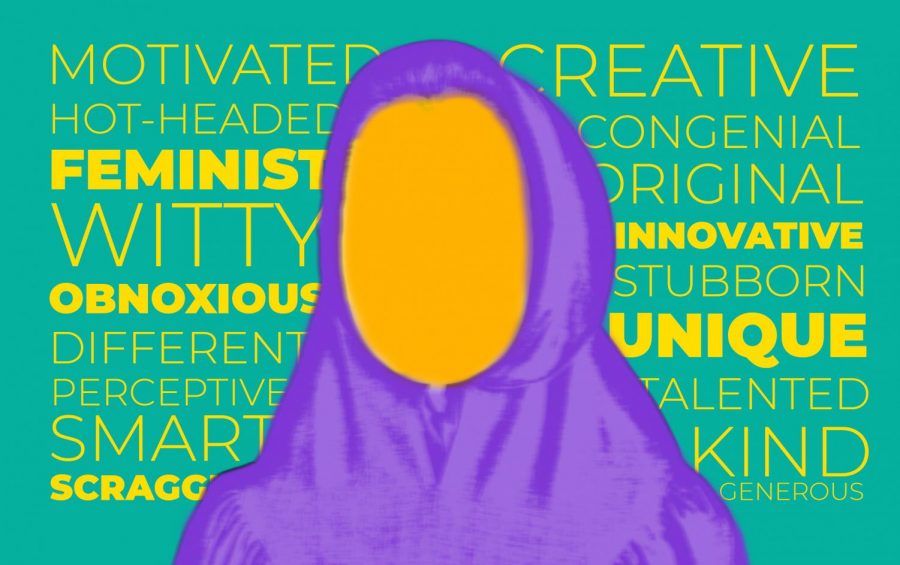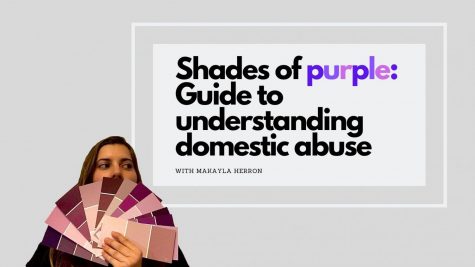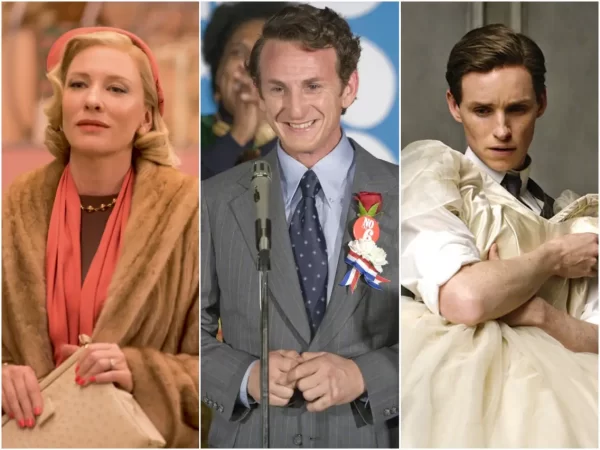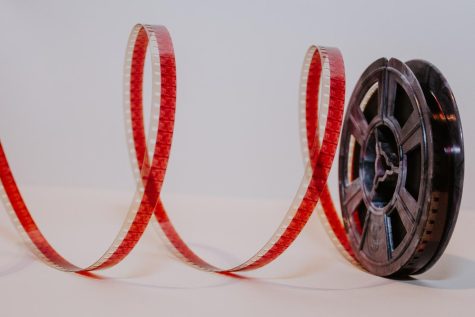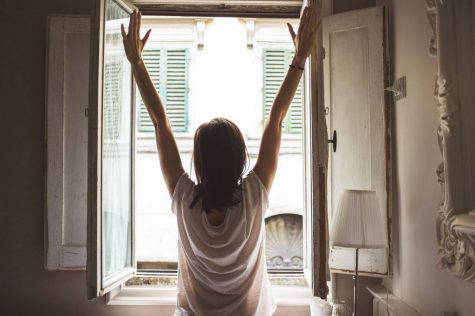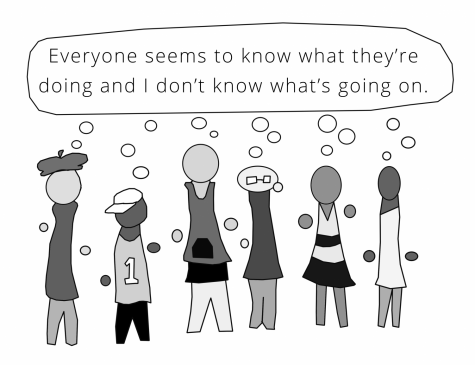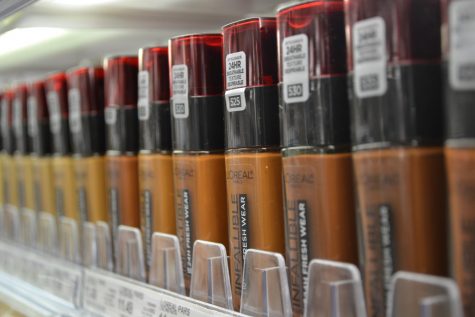Expression, not Oppression
To most people, clothes are a fashion statement. To me, they are a statement of my beliefs.
Means of expression varies from person to person. In December 2016, I decided to start wearing a rida—the traditional dress of my religion—because that is how I choose to express myself and fight for my beliefs. While I use this to set myself apart, it does not make me any different in my pursuit of change, and it definitely does not oppress me.
My personal religious ideals certainly played a huge role in compelling me to make this decision, but my religion is for me. What I expect the rest of the world to see is a different belief. It’s the belief that people are defined by who they choose to be, how they choose to act, and what they choose to give to the world. They are defined by their decisions, by their words and by their attitude. People are simply too complex to be judged upon the completely insubstantial basis of their physical appearance. Yet, according to research by Anne York, associate professor of economics at Meredith College’s School of Business, people deemed more attractive receive higher pay than others despite little difference in all other factors that would affect income. This is the unfortunate reality that we live in but it is one that I refuse to accept. That is why I choose to cover myself; it forces the world to see me for who I am instead of what I look like.
My method of protest is definitely unconventional, but how does it make me any different? Everyone is fighting for something and each individual person has a different way of doing it. Writers weave together words that embed themselves in a reader’s stream of thought and change its course. Politicians use their voices to move their audience and garner votes. Artists paint pictures so vivid they reach out and tug at the viewer’s heart. And what do I do? I cover myself. I cover myself because it’s unsettling to people. When they see me, they cannot rely on an otherwise clear external image. They must instead learn about me, observe what I do and listen to what I have to say. My hope is that from doing so the people around me will begin to truly reconsider how often they rely on such a shallow evaluation. I hope that they realize what an inadequate amount of information it provides, and that it encourages them to dig deeper and discover the true nature of the people around them. In essence, I hope to incite change, just as those writers, politicians and artists do.
Now consider this: Where in this piece do I complain? Where do I seem unhappy, or frustrated or angry? Nowhere. I am not downtrodden, I am not bound down and I am not being held back. It’s amusing, but also slightly perplexing, how whether I’m “oppressed” seems to be the cynosure of people’s concerns regarding my attire. My decision to cover myself does not constrain me. It’s actually rather freeing to be able to escape society’s surface-level judgment. That being said, I recognize that many Muslim women around the world are forced to cover themselves. However, I made my decision to wear a rida of my own accord and will never condone making anyone practice a custom against their will.
What bothers me is how often people brand my decision to wear a rida as anti-feminist. Here’s what I say to them: I stand against the unrealistic standards set by our patriarchal society that women are supposed to meet. In this society where women are subjected to sexualization and objectification, I wear a rida to force people to recognize me for who I am and to learn to appreciate all women for their minds and their character. What is more feminist than to fight for these rights?
In this way, I am a fighter. I’m fighting to change the way people look at each other. I’m fighting against the long-standing practice of superficial judgment ingrained in modern society. In this battle, my pen is my sword and my rida is my armor.



